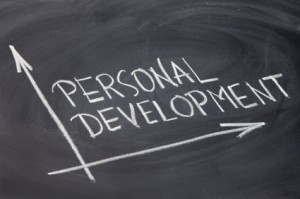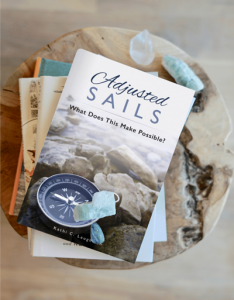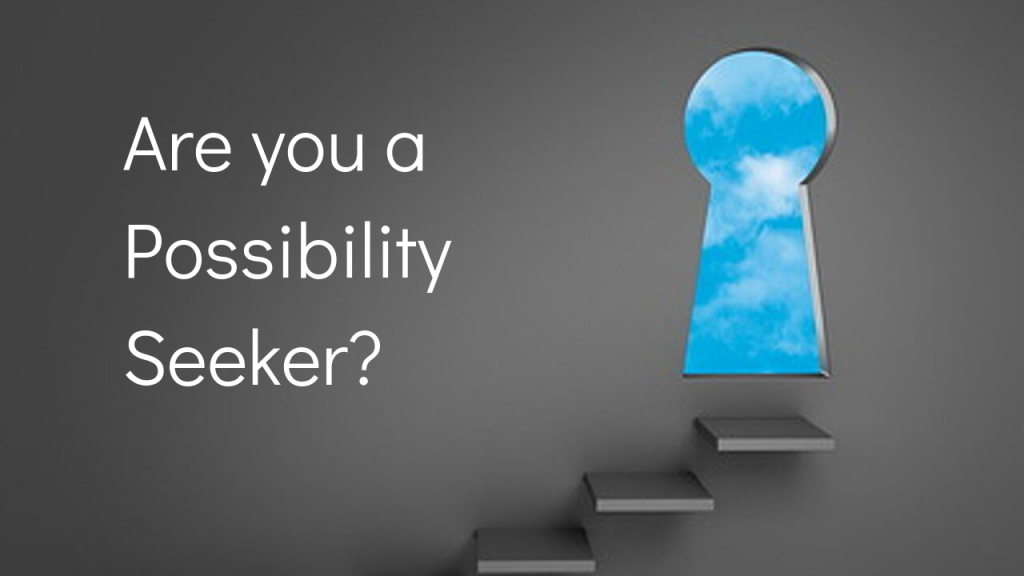 As a life-long learner, one of the areas where I used to struggle was being intentional with my learning. My curiosity led me down paths not related to any of my priorities and created unproductive distractions. I become a serial student. I was draining resources instead of creating them.
As a life-long learner, one of the areas where I used to struggle was being intentional with my learning. My curiosity led me down paths not related to any of my priorities and created unproductive distractions. I become a serial student. I was draining resources instead of creating them.
Courses were everywhere for only $27 or $47 or $97, etc. and I would be an expert in six easy lessons. But I wasn’t. Sound familiar? You think you might need to know that information, if not now, one day for certain and so you sign up. Quite frankly, it’s how self-help becomes shelf help in the blink of an eye. Why? Because if you don’t have an immediate need for the information you are not going to apply it. Without that application, information never transforms to usable knowledge. After spending hundreds if not thousands of dollars, I knew I had to come up with a way to be strategic about learning while still allowing my curiosity to serve me where it could be most effective.
It was clear that resources for learning were in abundance. In fact, that was a big part of the challenge. So many opportunities can make it difficult to know which to select. I found that the secret is in having a framework to serve as guideposts and then creating space within your schedule for a learning plan. Following this path will ensure that you remain a lifelong learner and gain knowledge useful for yourself and those your serve.
Here are five guidelines that can help:
#1: Understand that there is a difference between knowledge and skill. Gaining knowledge on a subject to deepen expertise gets a different priority than learning “how to do something”. If the learning is related to a skill, first determine if you should actually be the one doing that activity and if not, hire the skill, don’t worry about developing it personally. If you need to have a basic understanding of how it works, find 3 respected resources and read their articles (free…) on the subject. You’ll know enough to know how to hire the right resource to actually perform the task. There is the benchmark for skill learning: Know enough to make a good hiring or partnering choice and no more unless you actually should be doing that task.
#2: Devote a minimum of 30 minutes a day to learning in your chosen area of expertise and influence. Vary your sources by both creator and media. For example, if your expertise is personal development, you might read a book by Tony Robbins and go through a video series from Brian Tracy. Make certain that you are including both established experts/mentors and following emerging voices in your area of expertise. For example, I follow Jim Rohn as an evergreen knowledge mentor as well as Darren Hardy (Success magazine) as a contemporary resource for today’s application of that knowledge.
#3: Include personal skill building and development in your learning plan. This helps keep things balanced and in perspective. You may not need to learn about Italian cooking for your business but if is something you want to personally learn about and master, give it priority in your learning plan. Having a depth of knowledge about healthy foods may not help you in business decisions but it will certainly make you more capable and confident in managing your health which enables you to work at optimal energy levels in every area of your life. If you care about something, study it and practice it.
#4: Learn alone and in groups. Studies show that we function best as a student and a teacher when we have some solitary activities as well as group or community level learning activities. Having the ability to interact about what we are learning can be invaluable in seeing innovative ways to apply the newly acquired knowledge.
#5: Have a learning vision log. Have you ever wanted to “find the time” to learn something and could never seem to do it? Getting those areas of interest committed to a learning vision log gives you a place to refer to when creating your learning plan calendar. The time you allocate to learning can then be prioritized based on what you want to know vs. whatever comes across your path. My recommendation and working plan with clients is to make sure that you have a learning vision log that includes an item count equal to one-third of your age with a minimum of 10. Mix this up between personal areas of interest and what you need to be learning for your business and those your serve. If this is challenging for you, here are some questions that can help get you started:
- If time and or resources were not a factor, what classes would you take? (Cooking, art, languages, wine, crafts, sky diving, – you get the picture!)
- What skills or knowledge do you respect and admire in others? (Perhaps public speaking or writing as an example.)
- What do you hire others to do for you today that you find interesting? (This was gardening for me…)
- What skills or knowledge are pivotal for your continued professional success? (Check those forums…)
- If you could only learn three new things in the next year, what would you choose?
This can and should be fun as well as immensely rewarding! When you blend personal “wish list” ideas in with professional areas of learning, you will find that the line between personal and professional begins to fade and you will experience the value of personal development in every area of your life.
“An investment in knowledge pays the best interest.” (Benjamin Franklin)
“Create the kind of self that you will be happy to live with all your life. Make the most of yourself by fanning the tiny, inner sparks of possibility into flames of achievement.” (Golda Meir)






 He remains one of the most influential and quoted writers of 19
He remains one of the most influential and quoted writers of 19


